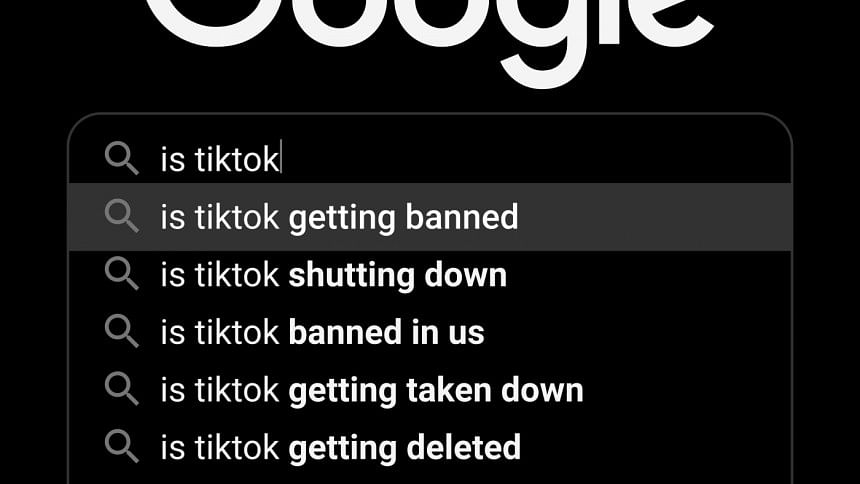TikTok faces important US Court decision soon: Will it be banned?

A critical ruling that could shape the future of TikTok in the United States is expected from the US Court of Appeals for the District of Columbia by December 6. The case centres on a controversial law requiring ByteDance, TikTok's Chinese parent company, to divest its US operations by January 19, 2025, or face a nationwide ban.
With over 170 million US users, TikTok has become a cultural phenomenon, but concerns about its ties to China have sparked national security debates. However, according to a July article by Reuters, President-elect Donald Trump has publicly opposed banning the app, signalling he would not let it happen under his administration.
As three US Court judges—Sri Srinivasan, Neomi Rao, and Douglas Ginsburg—deliberate on the law's legality, here are three key scenarios that could unfold, as outlined in a recent Reuters report on the matter.
The Court upholds the law
If the judges support the US government's law, ByteDance will have to sell or give up TikTok's US operations. This would back the government's claim that Chinese ownership is a security risk because of possible data access and influence by Beijing. ByteDance and TikTok would then likely challenge the decision by appealing to the Supreme Court or asking for a review by the full appeals court.
The Court upholds the law but flags unfairness
In another possible scenario, the court might uphold the law but acknowledge its constitutional concerns, particularly regarding its apparent targeting of ByteDance. Critics argue the legislation violates the US Constitution's prohibition on 'Bills of Attainder', which ban laws that single out specific individuals or entities for punishment without a trial. If the court finds this reasoning valid, it could require the US government to follow additional steps to certify TikTok as a national security threat. This outcome might delay or even avert a potential ban.
The Court strikes down the law as unconstitutional
TikTok and ByteDance argue that the law violates free speech rights and represents an unprecedented move against an internet platform. If the court agrees, it could invalidate the legislation entirely. Such a decision would be a major win for TikTok but would likely prompt an appeal by the US government to higher courts.
What's at stake?
This case could have a big impact on internet freedom, business rules, and US-China relations. Supporters of the law say it protects Americans from spying and misinformation, while critics believe it unfairly targets online platforms and sets a risky example for future restrictions.
As the legal fight continues, TikTok's future remains uncertain. Will it stay under its current ownership, or will users face changes in the new year? For now, the focus is on the District of Columbia Appeals Court, which usually announces decisions on Tuesdays and Fridays.

 For all latest news, follow The Daily Star's Google News channel.
For all latest news, follow The Daily Star's Google News channel. 








Comments